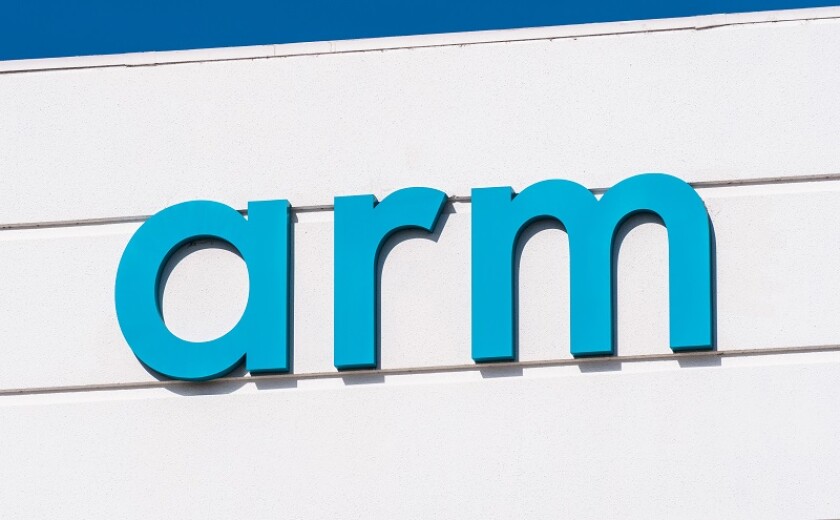Over the past year, the UK government and Financial Conduct Authority (FCA) have brought the most regulatory action London’s markets have seen in years. The purpose? To attract more technology companies to list on the London Stock Exchange (LSE).
The changes have been subject to a lot of scrutiny. Companies that took advantage of the new listings regime proceeded to underperform compared to expectations once public and in each of these cases, optimists quickly found reason to brush the problems aside. However, the announcement from Softbank CEO Masayoshi Son outlining intentions to list semiconductor and software company Arm Holdings on the New York based Nasdaq could just be the nail in the coffin of the long-term outlook for London’s markets.
That a homegrown technology company with the prominence of Arm has decided to list in the US instead of London begs the question: have these rule changes simply not worked?
Following the suggestions of the Lord Hill Review, the FCA introduced swathes of new policies. These included the opportunity to list companies with dual-class shares on both premium and standard segments of the market; rule changes to encourage special purpose acquisition companies’ (SPACs) to list; and a reduced free float requirement. More changes are expected this year after a review of the Prospectus Regime and around secondary funding rounds.
Domestic technology companies such as Deliveroo, Darktrace, Alphawave and Clode have already taken advantage of changes to the listing rules, but have also underperformed post listing. As IFLR reported in April 2021, Deliveroo’s debut lead to vocal questions that it’s botched IPO could prove fatal for the dual-class share structure on the London exchange.
See also: Inside the first SPAC under UK’s new regime
Each of these underwhelming IPOs was met by new and original excuses for their apparent failure, blaming the regulatory changes and a general economic decline. The fact that Deliveroo, for example, had such a similar business model to that of ride sharing app Uber’s, which faced legal struggles in the UK at the time, severely worried potential investors. Others excuses have included general market troubles like the pandemic, supply chain crises, energy crises, inflation pressures, and the threat that sitting on the knife-edge of a war in Europe brings.
These reasons are all very hard to refute, and observers would be brave to suggest that they did not have a significant impact on the aforementioned IPOs. However, earlier this month London’s attractiveness was put centre stage and found itself unable to hide behind another bigger picture problems. Once the pride of London but delisted in 2016 following its acquisition by the Japanese investment bank, the failure to deliver a homecoming and Softbank’s snub of the LSE has dealt a hammer blow to the UK’s biggest exchange, and, therefore, the new listing regime.
Problems first arose when it became clear that Softbank’s intended sale of Arm to American technology company Nvidia would be blocked by the US competition agency, the Federal Trade Commission. Any rumours of an IPO came with expectations that the company would return to London, but when it became apparent that this would not be the case, it struck a nerve in the UK.
See also: Uncertainty ahead for UK’s equity markets
Softbank’s decision has forced even the most optimistic observers to take a cold hard look at the facts, and in reality it is hardly surprising that Masayoshi Son has opted to list on the Nasdaq – its appeal is obvious. In 2021 alone it hosted 752 IPOs, the most of any major stock exchange. It’s market capitalisation towers over London’s, and Apple, the largest company on the exchange, has a bigger market cap than the whole of the LSE combined. Again, it begs the question: how can London compete?
Even with the rule changes now firmly in place, it seems London no longer has the gravitas to attract even a homegrown company that spent decades on its flagship exchange.
This turn of events indicates that the sentiment that London’s investors don’t understand technology companies is too pervasive to be rectified by a regulatory overhaul. Perhaps it is time London focused on another sector rather than trying to beat US markets at their own game and compromising the high standards its long been prized for?

